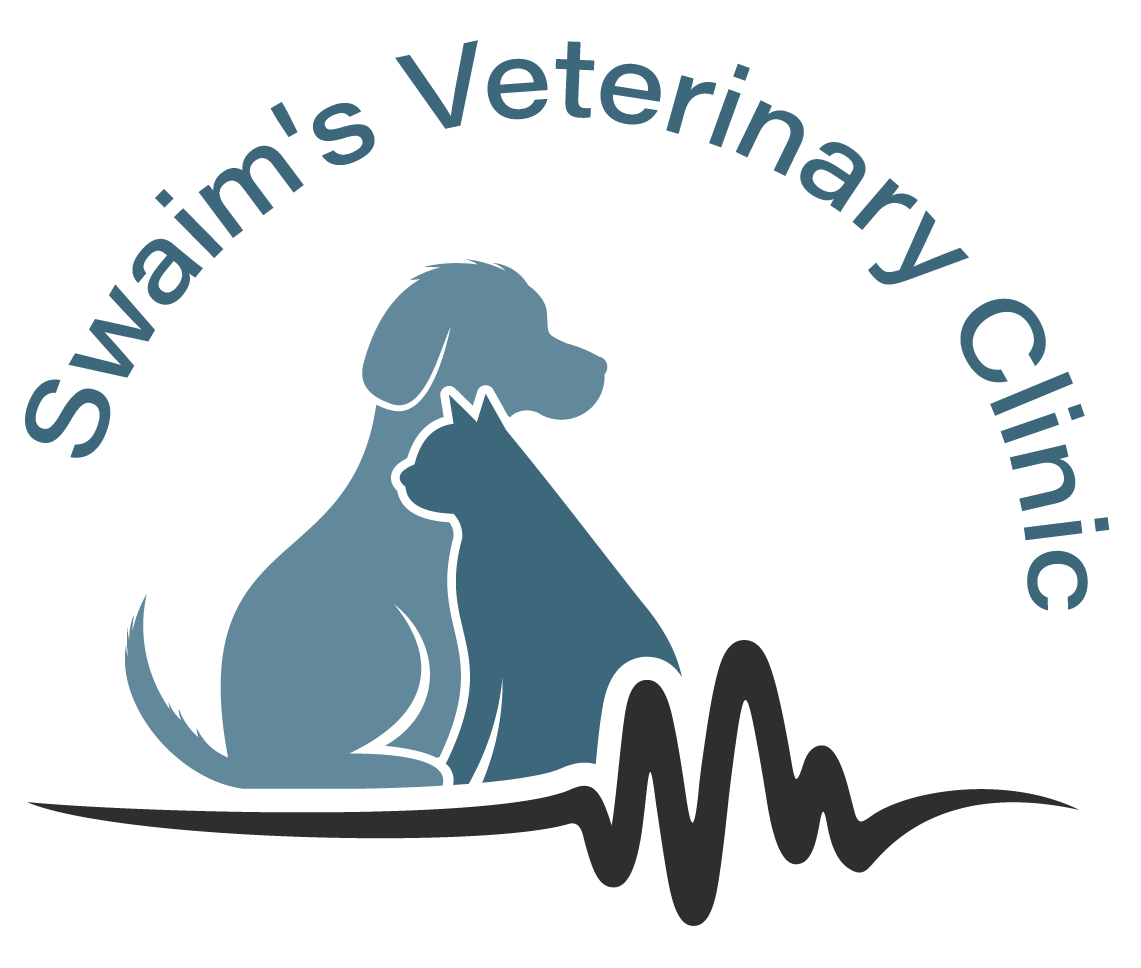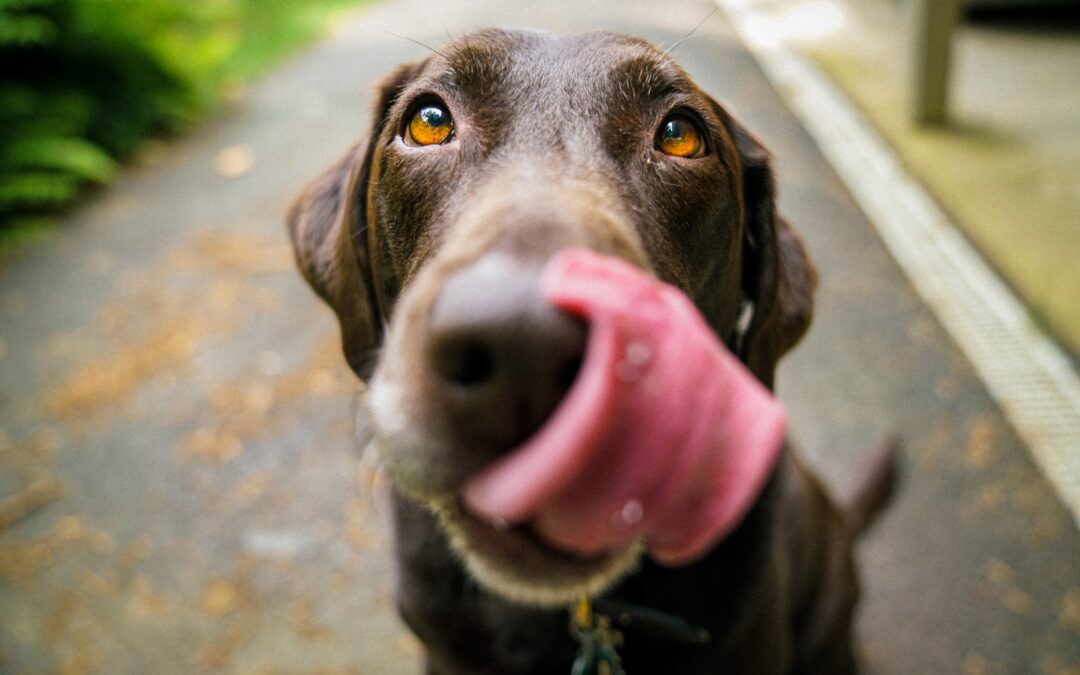Ensure Your Pet’s Safety During Disasters – Include Them in Your Disaster Plan
As we approach Disaster Preparedness Month this September, it’s vital to remember that our pets are part of our family and should be included in our disaster plans. When calamity strikes, like hurricanes, earthquakes, or wildfires, having a well-thought-out plan for your pet can be a lifesaver. As veterinarians and animal hospitals, we bear the responsibility of educating pet owners on the significance of disaster preparedness. This article explores how to incorporate your pet into your Disaster Plan to keep them safe.
Foremost, assembling an emergency kit for your pet is paramount. This kit should encompass food, water, necessary medications, a leash, a collar with updated identification tags, and other vital supplies for your pet’s well-being. Having a crate or carrier readily available can also prove beneficial in case of evacuation.
Additionally, having a designated safe haven for your pet is crucial when evacuation becomes necessary. This can be a friend’s or family member’s residence, a reputable boarding facility, or a pet-friendly hotel. Ensure you have all the essential contact information for this location, along with details of local animal shelters and veterinary hospitals, should your pet become separated or injured during the disaster.
Maintaining up-to-date identification for your pet is also of utmost importance. This includes both their collar tags and microchip information. In the chaos of a disaster, pets may easily get separated from their owners, but having current identification can significantly aid in their safe return home.
Lastly, practicing your Disaster Plan with your pet before disaster strikes is a crucial step. This may involve acclimating your pet to car rides with their crate or carrier and conducting evacuation drills together.
In honor of Disaster Preparedness Month, we strongly encourage you to take proactive measures to incorporate your pet into your Disaster Plan. If you have any questions or concerns, please don’t hesitate to reach out to us for further guidance and support in safeguarding your beloved pet’s well-being.

